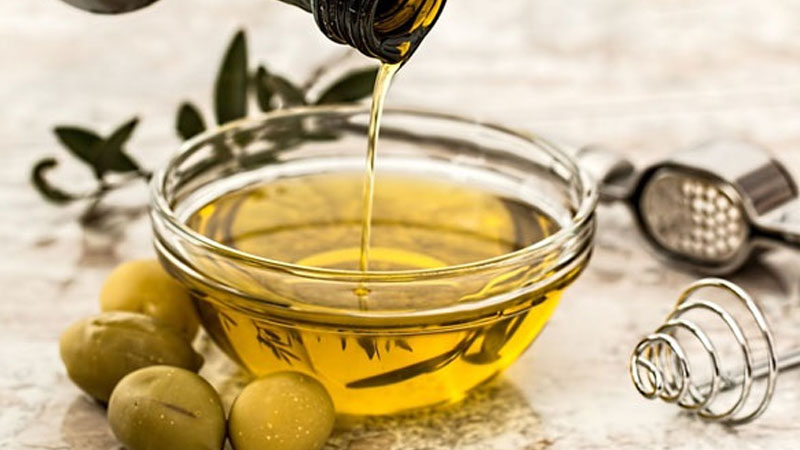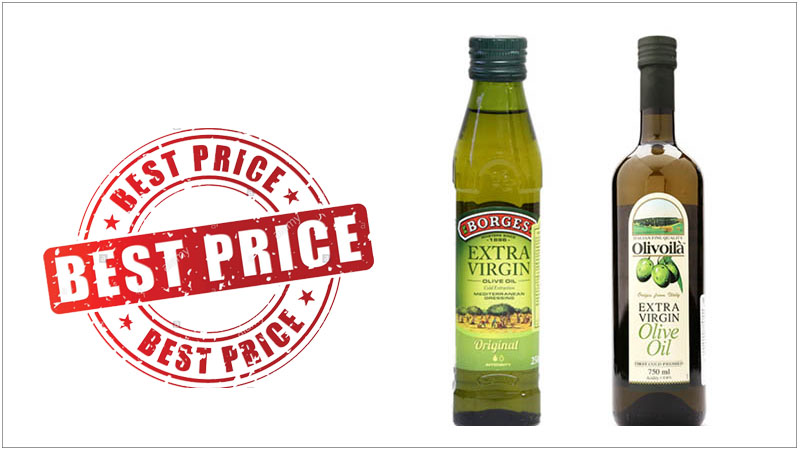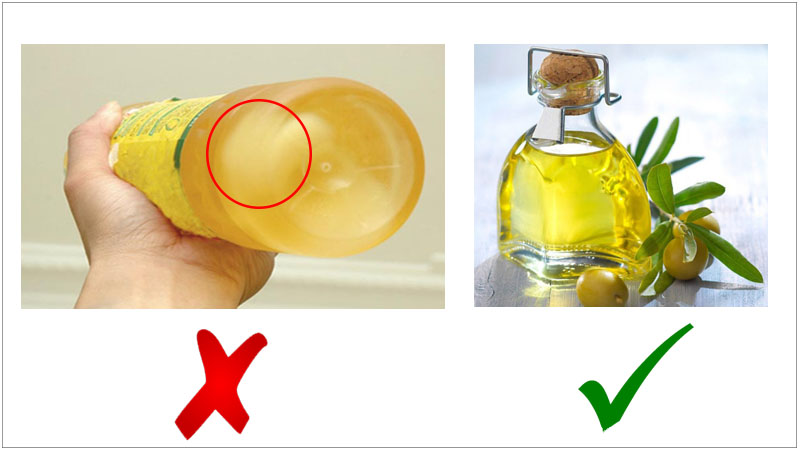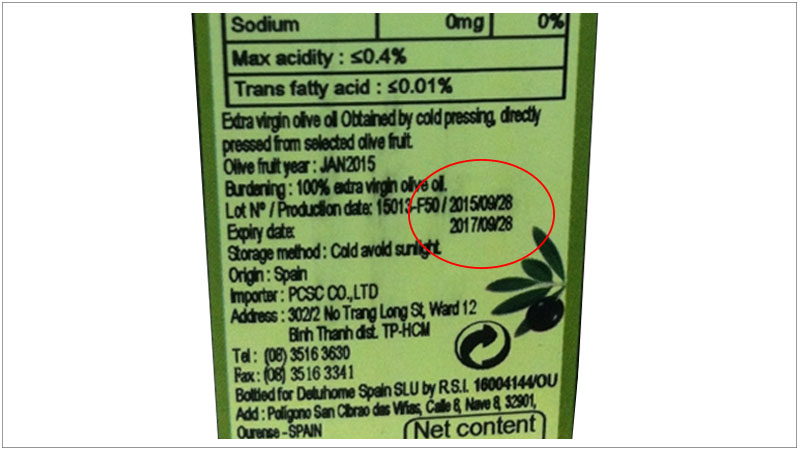1. Flavor Profile
The minimal processing of extra virgin olive oil gives it a unique flavor compared to refined oils. Extra virgin olive oil is characterized by its fruity aroma and slightly peppery taste.

2. Price
Extra virgin olive oil tends to be more expensive than other types of olive oil. The average price per liter ranges from 350,000 to over 400,000 VND. Here are some examples of prices for specific brands:
– Pietro Coricelli Extra Virgin Olive Oil (Italy): approximately 189,000 VND/500ml
– Borges Extra Virgin Olive Oil (Spain): approximately 205,000 VND/500ml

3. Seal of the International Olive Council (IOC)
Authentic olive oil will bear the seal of the International Olive Council (IOC), as well as certifications from Europe and North America, such as the California Olive Oil Council (COOC) in the United States.
Additionally, other countries have their own certifications, such as:
– France: AOC
– Spain: DO (Denominacion de Origen)
– Italy: DOP or DPO (Denominazione d’Origine Protetta)
4. Storage and Separation
One way to test the purity of extra virgin olive oil is to place it in the refrigerator. If it solidifies, it is not pure extra virgin olive oil. Another sign of impurity is if the oil separates into layers, indicating that it has been mixed with other oils and is not 100% extra virgin olive oil.

5. Expiration Date
Extra virgin olive oil typically has a shelf life of two years from the production date. However, once opened, it should be consumed within three months and stored in a cool, dark place, preferably in a dark glass bottle. Poor storage conditions or using the oil past its expiration date will significantly reduce its quality and health benefits.
To minimize oxidation caused by frequent opening and closing of the bottle, consider purchasing smaller bottles or transferring the oil to smaller containers for better preservation.

Finding genuine extra virgin olive oil in a market filled with various products can be challenging. We encourage you to use these tips to find the right extra virgin olive oil for your needs.
Reference: thatgia.com
Recognizing Spoilage and Best Practices for Storing Milk
Dien May XANH is advocating for the careful storage of milk to ensure people consume the nutrition-rich beverage that is safe and healthy. Milk, a source of vitamins and minerals essential to our bodies’ functioning, can become tainted if not properly handled, causing painful, and in some cases, severe gastrointestinal distress.





































